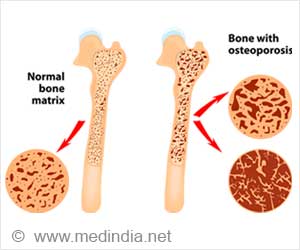Sleep deprivation impairs memory suppression, increasing intrusive thoughts and affecting mental health.

- Sleep-deprived brains struggle to suppress intrusive thoughts due to reduced prefrontal cortex activity
- REM sleep helps restore memory suppression mechanisms in the brain
- Poor sleep quality is linked to mental health disorders like anxiety and PTSD
Memory control deficits in the sleep-deprived human brain
Go to source). The subjects were 85 healthy adults, making up two different groups in the conduct of the study. After a night in a sleep laboratory, one group fell asleep while the other was kept awake throughout the night. Participants were primed with stimuli from previous learning of links between faces and emotional scenes like car accidents or fighting. They were told to recognize the face and retrieve or inhibit the linked scene.
Lack of sleep weakens memory control and leads to more intrusive thoughts. #mentalhealth #sleepdeprivation’
Brain Activity in Rested vs. Sleep-Deprived
Functional magnetic resonance imaging (fMRI) scans revealed distinct differences in brain activity:Well-Rested Participants:
More stimulation in the right dorsolateral prefrontal cortex is associated with the executive control of thoughts, actions, and feelings.
Lower activity in the hippocampus suggests successful inhibition of memory processes that result in rumination.
Sleep-Deprived Participants:
Lack of ability to stimulate the prefrontal cortex adequately.
An inability to inhibit unwanted memory recall by the hippocampus leads to persistent activity that is persistent.
Role of REM Sleep
Investigators found increased functionality of the prefrontal cortex in participants with more REM sleep during memory suppression tasks. This clearly points out that in REM sleep it helpshelp restorein restoring the mechanism of the brain in dealing with intrusive thoughts.Implication of COVID-19 for Mental Health
With regard to the connection between sleep and anxiety, depression, and PTSD, this study emphasizes that sleep disorders coexist with significant mental symptoms where sleep deprivation is common as well as the presence of intrusive memories. Doctors mentioned that the identification of these brain mechanisms could lead to the development of the relevant treatments and behavioral therapies. Ideally, such interventions would centre on ways of enhancing sleep quality as a way of enhancing the intrinsic mechanisms of the brain of filtering out negative memories.This investigation provides important information regarding the effects of sleep loss on cognitive functions, including the brain's ability to moderate persistent persisted thoughts and the importance of REM sleep for optimal psychological health. Future research could extend these results to focus on creating the right treatments for patients with psychological disorders.
Reference:
- Memory control deficits in the sleep-deprived human brain - (https://www.pnas.org/doi/10.1073/pnas.2400743122)
Source-Medindia














